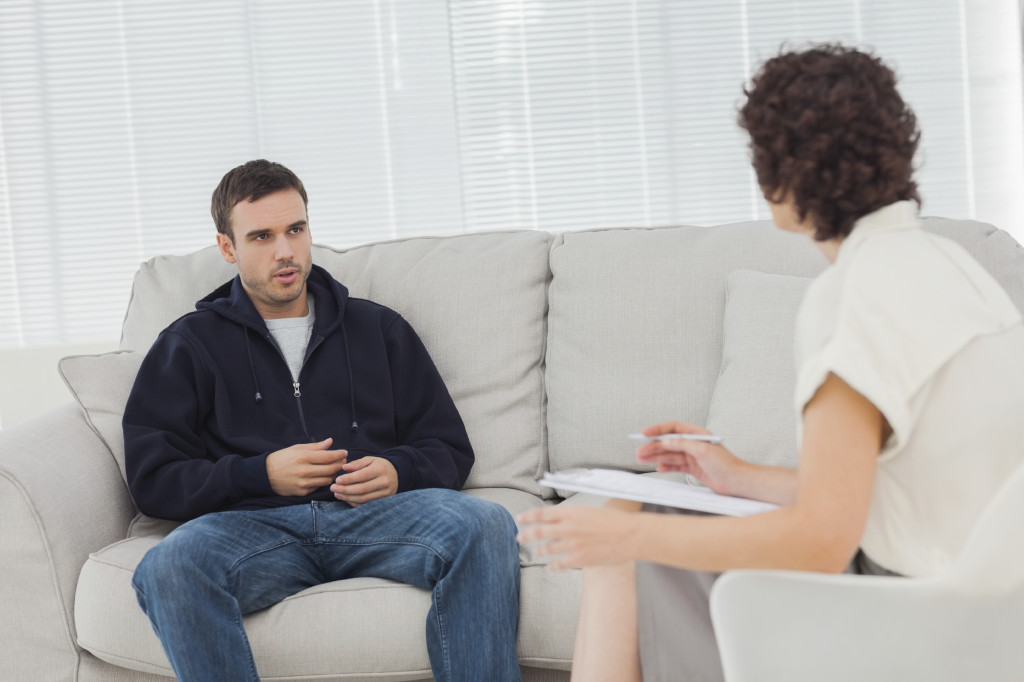
Contributed by: Crystal Karges, MS, RDN, IBCLC, for Addiction Hope
Let’s face it. We are often bombarded with information overload, and a decision can hardly be made without consulting an oversaturated internet presence. When it comes to nutrition and learning how to eat healthy, there is a plethora of misinformation that can make the process confusing and overwhelming.
Eating multiple balanced meals. Eat three large meals. Don’t eat after a certain time. Eat first thing in the morning. Don’t eat gluten. Don’t eat sugar. Don’t deprive yourself and eat whatever you want. Eat fresh. Eat organic. Eat vegan. Watch your calories. Watch your serving size. Watch how much fat you’re eating. And the list goes on and on. Sound familiar?
Too Many Signals
The world of nutrition can be intimidating to say the least. Making the decision to eat healthier should not be complicated or confusing. This is where you might find help from a Registered Dietitian.
A registered dietitian is a health professional who has completed an undergraduate degree along with an accredited dietetic internship. In addition, a RD must pass a credentialing examination and complete continuing education units on a yearly basis.
Registered dietitians are trained and versed in the study of food and nutrition and can help guide you through the many myths that surround this subject.
Where to Find a Registered Dietitian
Registered Dietitians practice in multiple settings, including private practices, outpatient, and inpatient. If you are working with a treatment center for addiction recovery, there is a good chance that a registered dietitian will be part of your treatment team.
If you are not enrolled in a treatment program but are looking for assistance from a registered dietitian, you can likely find one in an outpatient setting. Many physicians or treatment centers may be able to refer you to one in your community.
Be sure to ask for credentials as well as any specialties practiced. If you are in an acute phase of addiction recovery, you may seek a RD who specializes in addiction.
Learning How to Eat a Balanced Diet
In a world of myths or confusion, a registered dietitian can be a helpful guide through this recovery process. Learning how to eat a balanced diet that offers your body the nutrition it needs is possible and can be encouraged with the assistance of a professional.
If you are ready to make changes with your diet but are not sure where to start, consider seeing a registered dietitian, who can help you set a foundation for a balanced life.
Community Discussion – Share your thoughts there!
What has been your experience with a RD in addiction recovery?
Last Updated & Reviewed By: Jacquelyn Ekern, MS, LPC on February 27th, 2015
Published on AddictionHope.com
